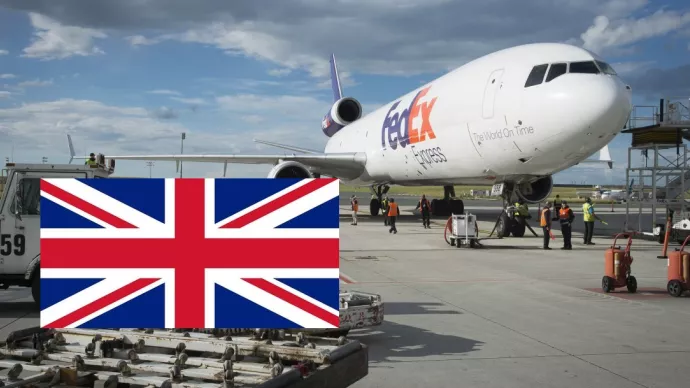
Avian influenza and export
Partager la page
France has been exposed in recent years to a number of sanitary episodes related to the spread of the highly pathogenic avian influenza virus from wild birds to farm poultry. Every sanitary measure for the detection, protection and surveillance of national territory for which provision is made in European Union (EU) legislation has been implemented in order to limit the spread of the virus to the maximum extent possible. A document dealing with this topic in detail can be found on this other page on the Ministry of Agriculture website
In order to ensure that export flows are maintained for products derived from poultry (avian genetics, meat, eggs, etc.), the General Directorate for Food (DGAL) keeps the sanitary authorities of importing third countries informed on a regular basis. The objective is to provide, completely transparently, third country authorities with the information they need. Additionally, outbreaks and developments in outbreaks are notified through the World Animal Health Information System (WAHIS) in accordance with the international standards set by World Organisation for Animal Health (WOAH).
This means that the veterinarians in French official services (the directorates in territorial départements charged with protection of the public) have all the required information to validate the provisions set out in sanitary certificates and protocols in force in France and the aforementioned countries.
In addition, three main approaches have been adopted to protect exports with the aim of:
- removing blockages on goods,
- obtaining recognition and/or application of the zoning principle,
- promoting the principle of compartmentalisation.
Blockages :
Where goods are blocked on arrival in a third country for unjustified reasons, the DGAL, with the support of the agricultural advisors in Embassies, provides the necessary information to the sanitary authorities with a view to the release of the goods concerned
The zoning principle :
Zoning is a principle whereby geographical zones can be defined within which animal populations are considered to be free or not free of HPAI. This principle makes it possible to avoid situations in which all farms and establishments in an affected country are obliged to cease exporting. Zones considered free of HPAI can in this way continue exporting their poultry farming products in accordance with the sanitary requirements of each destination country.
The zoning principle is defined by the WOAH Terrestrial Animal Health Code. The veterinary authority in each country defines the boundaries of the zones on its own territory. The EU and its Member States work on the basis of zones of at least 3 and 10 km around an outbreak of HPAI. However, the majority of third countries that recognise zoning prefer it to be based on the territorial département since this is easier to manage. Certain countries may apply more restrictive requirements, extending even to a total embargo on French poultry products.
The compartmentalisation principle :
Compartmentalisation allows for the separation of an animal population maintained on one or more farms from the rest of the animal populations in a given geographical area. The idea is to allow the farms concerned to retain their HPAI-free status even if the region in which they are located no longer enjoys that status. The advantage of this is that it allows those farms to continue trading internationally in products derived from their livestock (genetic material, meat, eggs). Recognition of a compartment is dependent on its ability to protect itself in an environment contaminated by the introduction of the virus.
In France there are currently three compartments approved by the European Union with regard to HPAI. They are defined in Annex XI, page L131/111 of Commission Implementing Regulation (EU) 2021/620 of 15 April 2021
Those compartments are:
- Compartment ISA Bretagne comprising the establishments with codes EDE 22080055, 22277180, 22203429, 22059174 and 22295000.
- Compartment SASSO Sabres comprising the establishment with Code EDE 40246082.
- Compartment SASSO Soulitré comprising the establishment with Code EDE 72341105.
List of approved compartments :
List of recognized compartments :